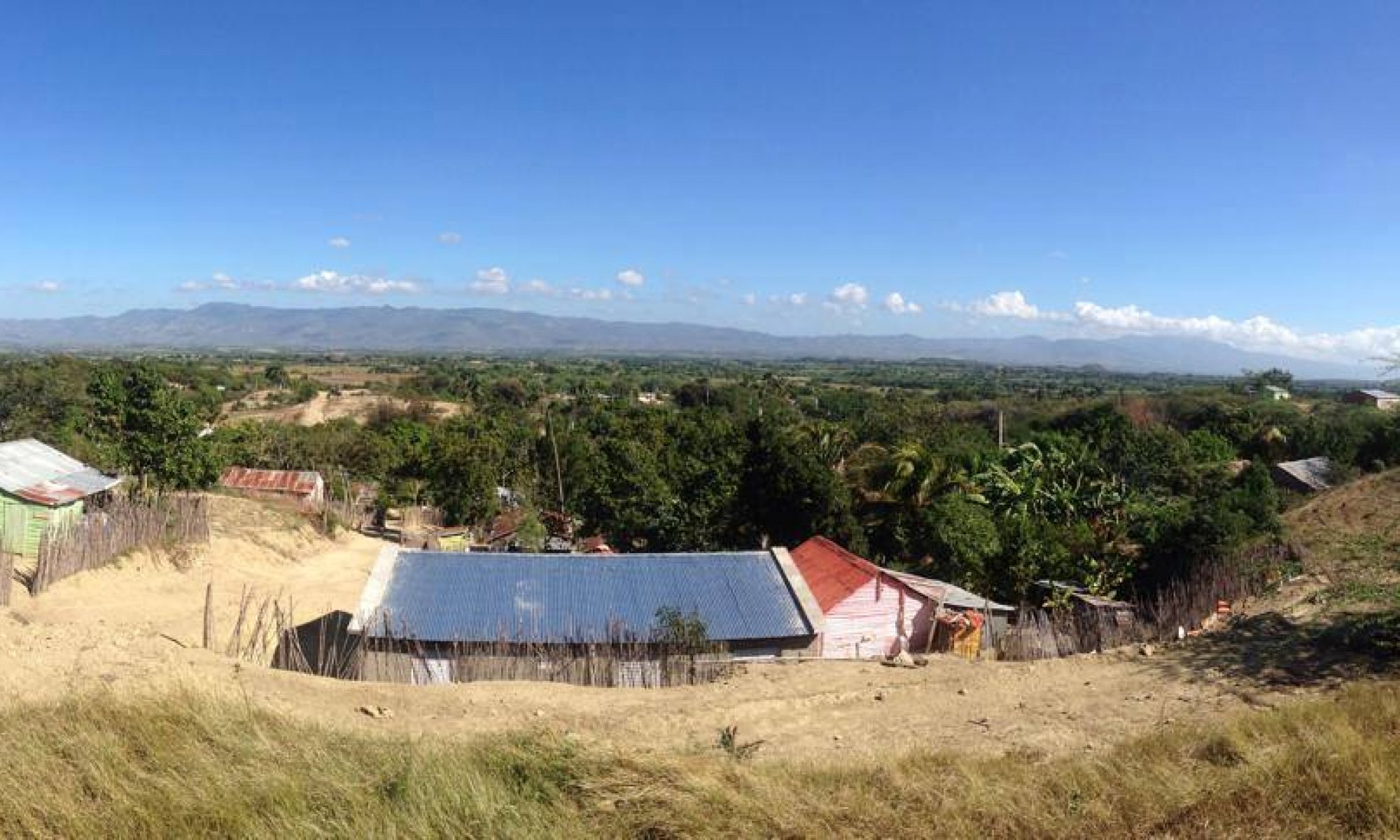IT JUST COMES WITH THE TERRITORY
Evangelical missionaries working in Latin America, including the Dominican Republic, Haiti, and Venezuela, encounter a complex web of risks depending on the specific location and context. Here’s a more detailed breakdown of potential dangers:
General Dangers:
- Crime: Petty theft, mugging, assault, and even kidnapping are all possibilities, especially in areas with high poverty rates. Gang violence can be a significant threat in some urban centers.
- Political Instability: Latin America has a history of political unrest, protests, and violence. Missionaries may get caught in the crossfire of demonstrations or targeted due to their perceived affiliation with foreign powers.
- Health Concerns: Access to quality healthcare can be limited in many areas. Missionaries may face exposure to diseases like dengue fever, Zika, malaria, and foodborne illnesses due to inadequate sanitation or unfamiliar food sources.
- Natural Disasters: Hurricanes, earthquakes and floods are common occurrences in many parts of Latin America. In some places, even volcanic eruptions. Missionaries need to be prepared for potential emergencies and natural disasters.
- Cultural Clashes: Language barriers, misunderstandings due to differing social norms, beliefs and tensions arising from attempts to introduce the Gospel can create many challenges. Missionaries need to invest time in understanding the local culture and building relationships for their own protection and well-being. When you win them over, many times they are very loyal and thankful and will look out for you.
Variations in Risk by Location:
Big Cities:
- Heightened Crime: In the bigger cities it is easier to find good schools, hospitals, more availability of medications, car parts and much better variety of food. Unfortunately, crime rates, including violent crime, tend to be significantly higher in major urban centers compared to rural areas. Missionaries should exercise extra caution in poorer neighborhoods and be aware of their surroundings.
- Social Unrest: Large cities are often the focal point for political demonstrations and protests, which can escalate into violence. Missionaries should stay informed about potential disruptions and avoid large gatherings during volatile times.
Small Towns and Countrysides:
- Limited Resources: Access to quality healthcare, reliable communication networks, and essential supplies may be scarce in remote areas. Missionaries need to be prepared for these limitations and have contingency plans in case of emergencies.
- Isolation: Missionaries working in remote areas can feel isolated from support networks and experience loneliness. Building strong relationships with local people and maintaining communication with their home base is crucial for their well-being.
- Infrastructure Issues: Poor roads, limited public transportation, and unreliable electricity can pose logistical challenges and hinder movement, especially in the aftermath of natural disasters.
Country-Specific Risks:
- Venezuela: Venezuela’s ongoing political and economic crisis creates a particularly dangerous environment. Food shortages, hyperinflation, and social unrest can significantly impact safety. Missionaries considering Venezuela should carefully assess the situation and weigh the risks before deploying.
- Haiti: Extreme poverty, gang violence, and a vulnerability to natural disasters make Haiti a challenging environment. Missionaries need to be especially vigilant and have robust support structures in place.
- Dominican Republic: The Dominican Republic is generally considered safer than Haiti or Venezuela. However, petty theft and many other crimes still occur. So it’s best not to be naive. I have had robbers attempt many times to break into our house, they poisoned one of my dogs that protected us while we slept, the church plant in Santiago has been broken into several times, another missionary friend of mine suffered a home invasion, and they were tied up at gun point and locked in a bathroom with his pregnant wife while they stole everything. I can go on and on, but won’t. But to protect their strong tourism industry, it is likely that you won’t see much of that on the news back home.
(Unfortunately, being an American in any of these locations will automatically make you a target in one way or another by some. Missionaries should be aware of their surroundings and take precautions, especially in the barrios and even tourist areas. But if you left home to serve on the mission field, congratulations, it comes with the territory. )
Risk Mitigation Strategies:
- Missionary Training: Missionary should receive training on cultural sensitivity, safety protocols, and emergency preparedness specific to the Latin American context.
- Security Awareness: Missionaries need to be aware of the current security situation in their area and take steps to minimize risks. This may involve avoiding certain areas, traveling with a companion, and varying routines to avoid predictability.
- Local Support Networks: Building relationships with local people who can provide guidance and support is essential. Understanding the local culture and customs can help missionaries navigate potentially risky situations.
- Communication Plan: Having a clear communication plan with their home base or support organization allows missionaries to raise concerns and receive assistance in case of emergencies.
By carefully researching their destination, taking preventative measures, and building strong relationships with the local community, missionaries can mitigate many of the dangers they may face in Latin America.
Yet, these are all the more reasons why in many ways it is beneficial to work through the nationals with the proper training and accountability. They know this type of life better than we do, they are usually very used to these risks and already know how to best maneuver through most of these situations.


